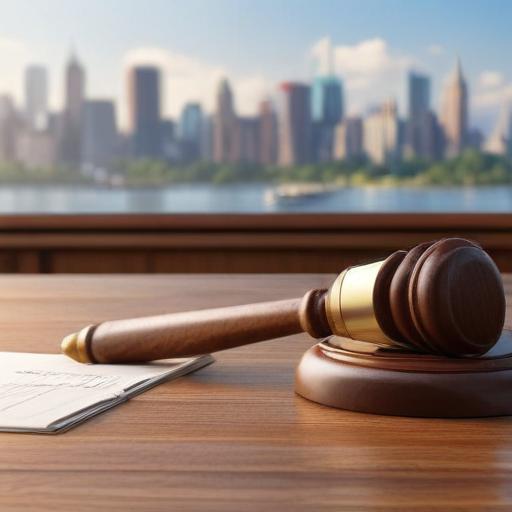St. Paul is taking a significant step towards addressing historical injustices by offering financial support to descendants of residents from the West Side Flats, a neighborhood that was devastated and displaced in the 1960s to facilitate flood prevention and industrial development. This area, once home to around 25,000 individuals mainly from immigrant families, saw many of its residents receive unfair compensation for their homes when they were forced to relocate.
In response to growing calls for reparations, St. Paul has introduced a pool of $2 million in down payment assistance through the Inheritance Fund. This initiative is reminiscent of earlier reparative efforts for families affected by the construction of Interstate 94, specifically targeting those displaced from the Rondo neighborhood.
The Downpayment Assistance Program is available to all qualifying homebuyers, with notably enhanced funds for those linked to the Inheritance Fund. When the program first launched in 2023, it successfully supported 40 residents, including 13 with assistance from the Inheritance Fund.
Eligible individuals can receive substantial support: standard assistance can reach up to $40,000 focused on down payments, closing costs, or possibly reducing interest rates through a deferred loan. In contrast, those qualifying for the Inheritance Fund may receive between $50,000 and $110,000 based on their household income and status as first-generation homebuyers.
Specifically, households below 100% of the area median income (AMI) can access $50,000, while those earning at or below 80% AMI may be eligible for up to $90,000. Additionally, there are extra incentives for first-generation homebuyers and for those purchasing properties in historic neighborhoods tied to their ancestry.
This proactive approach not only aids individuals and families in achieving home ownership but also facilitates a process of healing for communities historically affected by displacement. Emphasizing the need for equitable support, St. Paul is paving the way for a more inclusive future, addressing past wrongs while offering hope and opportunities for the descendants of those impacted.
